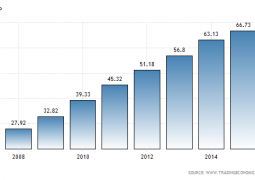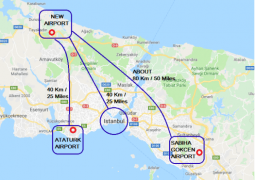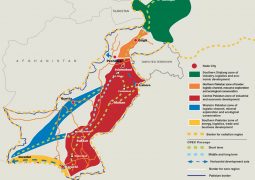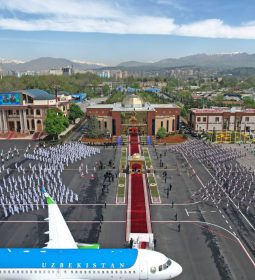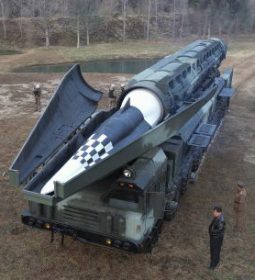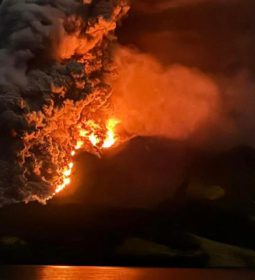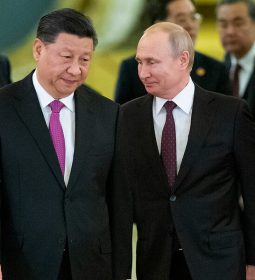Taiwan Needs Submarines As China increases its threats, the U.S. can help the island’s self-defense.
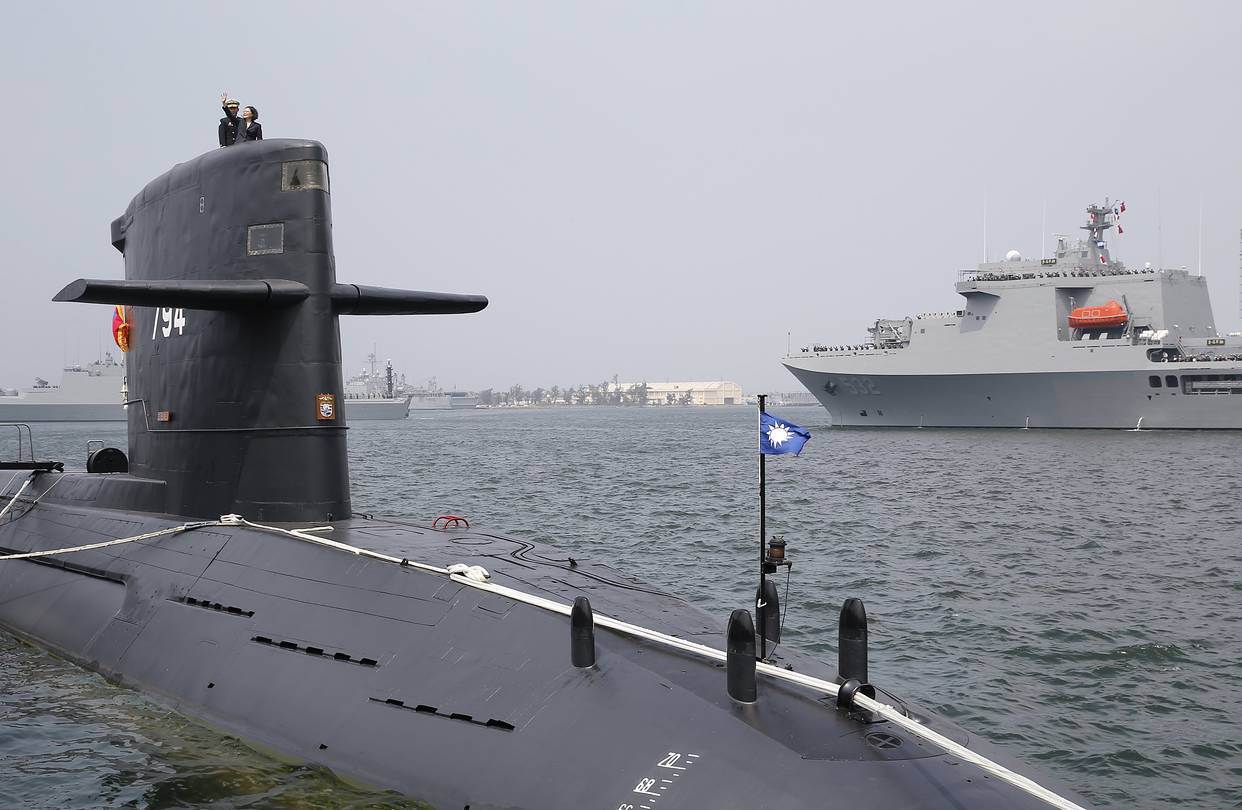
Taiwan’s recent announcement that it will build its own diesel-electric submarines has provoked skepticism across the defense industry. The island’s shipyards lack experience constructing pressure hulls, and the local defense industry will struggle to provide the high-tech innards of a modern submarine, such as fire control and propulsion systems. So what is Taipei up to?
Taiwan certainly needs the subs to deter an invasion from mainland China, and the best option would be to buy them from a country with an existing production line. But Beijing has pressured the viable candidates not to sell to Taiwan.
In 2001 George W. Bush’s Administration promised to develop and build conventional submarines for Taiwan. But the U.S. Navy and its backers were opposed because it only deploys nuclear-powered subs and it fears that if a U.S. company began to build diesel subs, then it might lobby Congress to acquire them. The Bush proposal also foundered on political opposition within Taiwan to spending the large sums to buy and operate the boats. The U.S. dropped the idea in 2008.
Since then Taiwan’s defense situation has grown more dire. In 2009 a RAND study concluded that in the event of a mainland attack, the island would lose air superiority over its territory within a few days. China’s armed forces have continued to advance in quality and quantity, while many of Taiwan’s weapons are aging or obsolete.
China has also stepped up its bullying. After President Tsai Ing-wen was elected in January 2016, Beijing downgraded economic ties and again threatened to use military force if Taiwan refuses indefinitely to hold talks on reunification. The country’s first aircraft carrier conducted a cruise around Taiwan in December and January, sending a pointed message to the island’s population.
These moves seem to have shaken Taiwanese politicians out of their complacency. The government recently announced plans to increase military spending by up to 50% in 2018, bringing the island’s defense budget up to the goal of around 3% of GDP that the U.S. has been urging for years.
The Trump administration now must decide what arms to sell Taiwan. The Obama Administration gave Beijing a parting gift by blocking a $1 billion package last December. But merely reviving this deal is inadequate given that the U.S. has kicked the can on Taiwan’s defense for two decades. It’s also significant that the 2016 Republican Party platform included selling diesel-submarine technology to Taiwan. Building the subs in Taiwan would solve the problem of U.S. Navy opposition. And once the U.S. is involved, Japan and other nations could be convinced to contribute to the project.
Taiwan also needs many other weapons, such as new fighter aircraft to supplement its aging F-16s and Mirage 2000s. But subs are particularly important because they can survive a surprise attack. They would help Taiwan practice the same asymmetric access-denial strategy that the People’s Liberation Army is pursuing against the U.S. That would force Chinese military planners to reconsider the viability of invasion scenarios.
The U.S. sale of submarine technology would carry symbolic weight precisely because Beijing has worked so hard to deny Taiwan this capability. Politically, the prospect of the U.S. ramping up support for Taiwan’s defense would force China to reconsider its strategy of intimidating the island’s population into submission. That would help stabilize the region and reduce the risk of the U.S. having to come to Taiwan’s aid in a conflict. While Beijing would undoubtedly find ways to retaliate, the strategic benefits would outweigh the costs.
Opinion
- Previous Thai junta lifts control on influential Buddhist temple
- Next Mongolia to construct oil refinery in Sainshand



